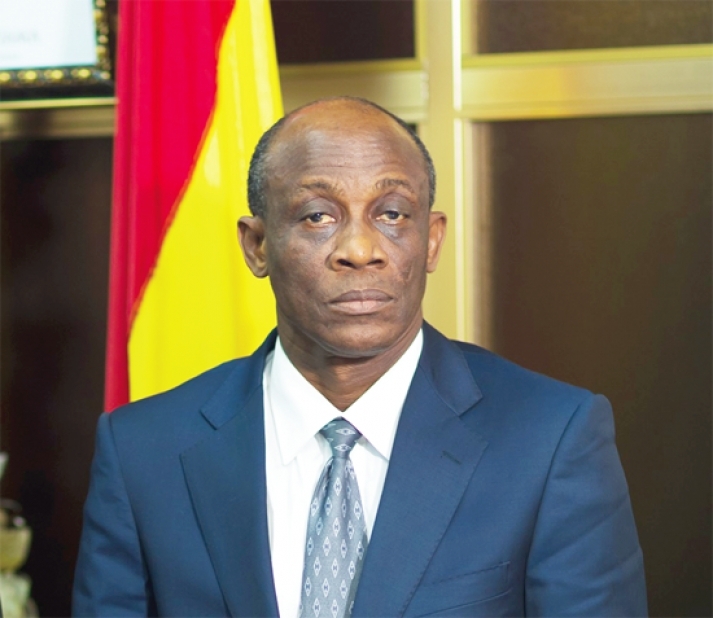
New York-based interview coach Pamela Skillings has seen her fair share of interview-phobics over the years. Recently, she had a bright and accomplished client who dreaded interviews so much that he stayed in a job he disliked for a year too long. As a child, he had a stutter but had learned over time how to control it. After the stutter surfaced in a couple of interviews, he became convinced that it would come out whenever he got nervous. His fear took over and became distracting and stressful, said Skilling in an email.
Your nerves might be due to a wide range of things, from speech issues to rusty interview skills or an introverted personality. But, the result is the same, fear of facing the all-important in-person meeting. So, what’s an interview-shy candidate to do? How can you make yourself appear as convincing in person as you are on paper and get over your anxiety?
Can never be too prepared
In the case of Skilling’s client, the trick for him was to work on his answers and prepare thoroughly enough before a meeting to feel completely confident. “It also helped him to get candid feedback on his speaking style and realise that a hint of stutter coming out really wasn’t a big deal as long as he could refocus, get back on track, and give good answers,” she said.
The result: he soon landed a new job much better suited to his skills and interests.
A workaround
At the American University of Paris, director of career development, Danielle Savage, works with students and alumni from around the globe. She says that in many of the students’ cultures, just the idea of “selling oneself” is distasteful. So, when it is time for a job interview, many of these would-be employees are already at a disadvantage.
Savage tries to help current and former students around this disdain for self-promotion. She likens the preparation for an interview to what marketers do: study up to know their market.
“As a candidate, you need to know your potential employers’ needs, wants and pain points. Then it’s up to you to craft stories that give examples of how you used your key attributes to solve problems similar to those experienced by your interviewer,” Savage said in an email. “This shifts the focus from what might be perceived as bragging or mindlessly repeating what’s on your resume (CV), to what the employer needs and what you as a candidate can bring to the table.”
By explaining your key accomplishments and how you solve problems, you will automatically feel more enthusiastic and less intimidated, said Savage. “[You] will naturally come across as more compelling.” And you might feel less like you’re selling something and more like you’re simply having a friendly conversation with a colleague.
Steps to take
Joannah Griffin, human resources manager at Deakin University in Melbourne, Australia, has a number of steps she suggests to students with interview phobias. The first is to rehearse the interview beforehand with a family member or friend to help you feel more at ease talking about yourself. Second is to dress for success. “Your appearance can completely change the way you feel about yourself,” she said in an email. “The better you feel, the more confident you are.”
Griffin tells her students to take slow deep breaths to help relax their bodies. “Close your eyes and picture the interview progressing successfully,” she said. “Research the role, the company and your abilities to meet the section criteria. The more you know, the more confident you will be in being able to respond to questions.”
Turn the tables
Many interviewees make the mistake of thinking that the interviewer is out to get them or trip them up. But that’s not the case, said Devora Zack, chief executive officer at Only Connect Consulting, a career consulting firm in Washington, DC, and author of soon-to-be-published Singletasking, in an email.
“No interviewer thinks, ‘I hope this candidate is a big waste of my time and completely blows the interview.’” said Zack. “They are thinking ‘I hope this person is the solution. I hope s/he’s fantastic.’”
In other words, you both want the same thing.
Source: BBC Capital



